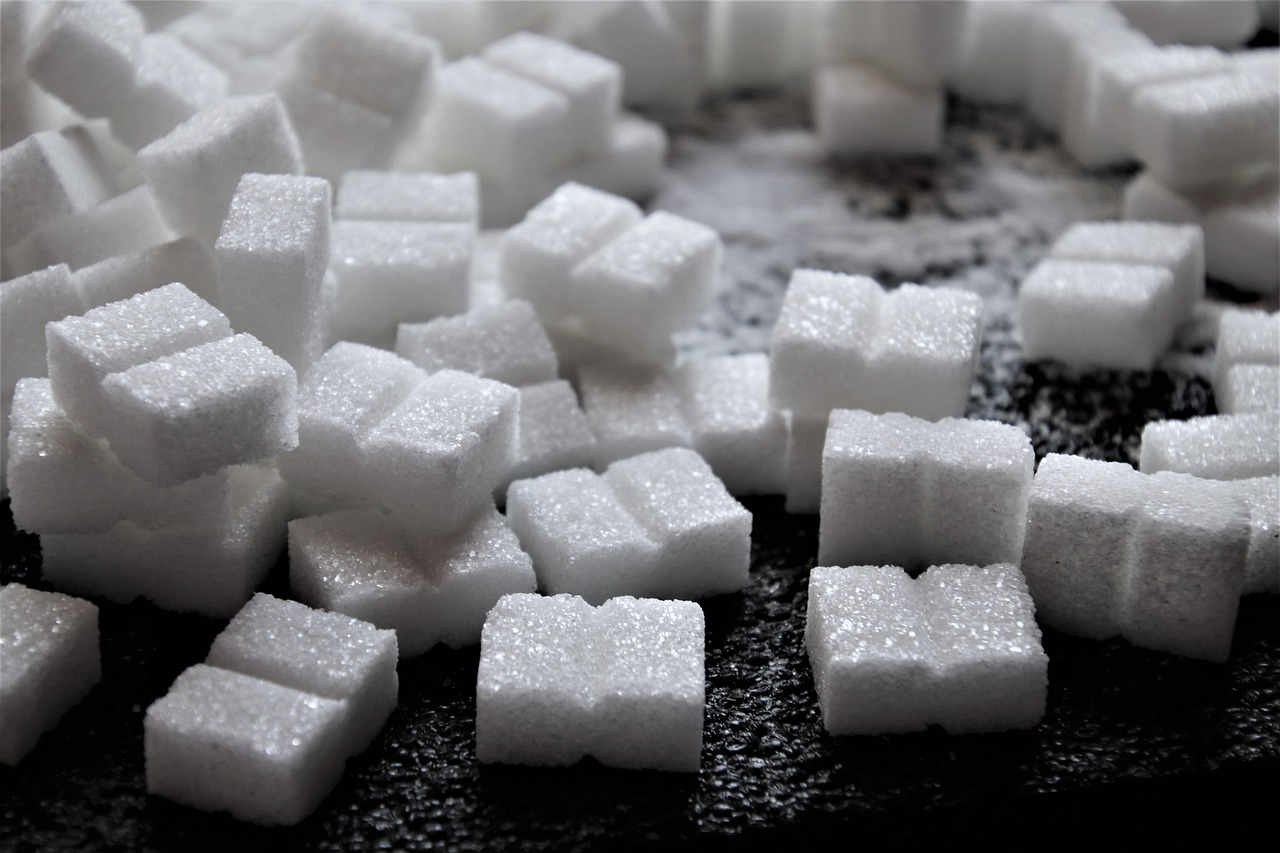

Recently, it's easy to see a lot of people near schools carrying long skewers with shiny fruits on them. This is 'tanghulu,' a snack that has recently become a craze with young people. Tanghulu is a Chinese snack made by coating small fruits with sugar or starch syrup. The freshness of the fruit, as well as the sweetness and texture of its hardened sugary coating, have completely captivated their taste buds. Although it is not as popular as tanghulu, 'yakgwa,' a traditional Korean snack, filling flour batter with grain syrup and frying it, has also gained great popularity, and various related products are pouring out in droves. New takes on yakgwa include putting it on ice cream and fusing it with other classic sweets such as financiers, brownies and cookies. It would be great if we could eat as many of these delicious products as we wanted, but why is it that parents and TV shows warn us against it?
Increasing Sugar Intake
Tanghulu was originally made from pinnatifida fruits, which are so sour that people started coating them in sugar and starch syrup. The problem is that tanghulu went on to be made from other, sweeter fruits such as strawberries, tangerines, and shine muskets, which are rich in fructose. Fructose is a monosaccharide, a simple sugar that is often found alongside glucose. With its small molecular size, our bodies absorb fructose quickly, and its clean, mild taste can cause us to consume too much of it. Combining these fructose-rich fruits with sugar and starch syrup can result in massively increased sugar intakes. Yakgwa, which lacks the benefit of fruit but contains at least as much oil and sugar as tanghulu, can be even more sugar-rich, especially when consumed alongside other desserts.
What Dangers does High Sugar Pose?
As simple sugars, fructose and glucose contain almost no vitamins or minerals, and they are high in calories. Excess sugar is stored as fat in the body, potentially leading to obesity. Even small amounts of sugar can cause blood sugar levels to rise rapidly, leading to the release of insulin. This can create a cycle of low blood sugar, which makes you crave more sugar and can eventually lead to a condition called insulin resistance. Insulin resistance is linked to obesity and can also affect your brain, possibly causing issues like depression and memory problems. One significant risk of insulin resistance is developing type 2 diabetes.
Risk of Diabetes
One concerning aspect of diabetes is that high blood sugar levels may lead to long-term damage to organs. This condition can make daily life difficult, and some individuals experience discomfort and nerve damage in their hands and feet, a condition known as neuropathy. Detecting diabetes in its early stages can be difficult, and many people don't recognize the symptoms, resulting in the condition advancing before diagnosis. What's more worrying is that, even after diagnosis, there is no complete cure for diabetes with modern medicine. The main purpose of treatment is to delay the occurrence of complications.
According to data from Korean patients analyzed by a team led by Professors Kyunghwa Ha and Daejung Kim of Ajou University, the number of diabetes patients under the age of 39 increased by a whopping 21% between 2006 and 2015. In particular, the number of these people suffering from type 2 diabetes, which is usually accompanied by severe obesity, has increased. This goes against the trend of decreasing diabetes rates among the elderly. One theory is that older people are generally more aware of diabetes and monitor it accordingly. However, for younger people, the situation differs as immediate symptoms are often absent, and they may assume diabetes does not affect their age group. This can make them eat sugary foods, which are now widely available, without understanding the long-term risks. It's clear that the incidence of obesity and diabetes among young people will become more severe in the future unless they control their intake of sugar treats like tanghulu and yakgwa.
Reporter,
Dongwoo Kim rlaehddn4012@seoultech.ac.kr


 Comment 0
Comment 0 Posts containing profanity or personal attacks will be deleted
Posts containing profanity or personal attacks will be deleted